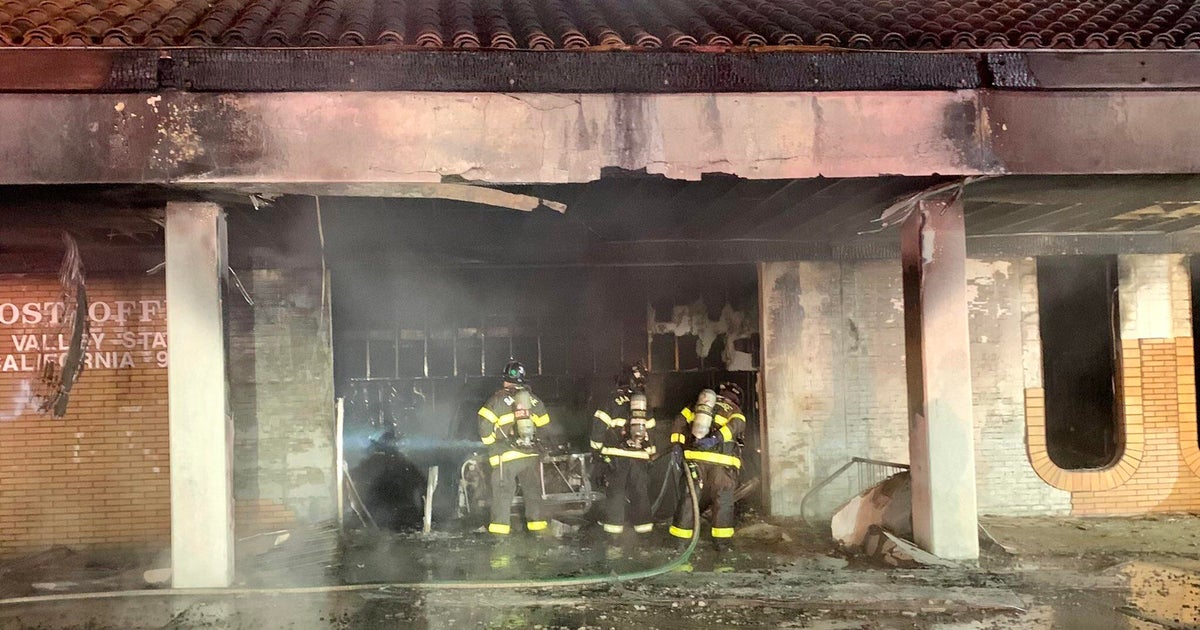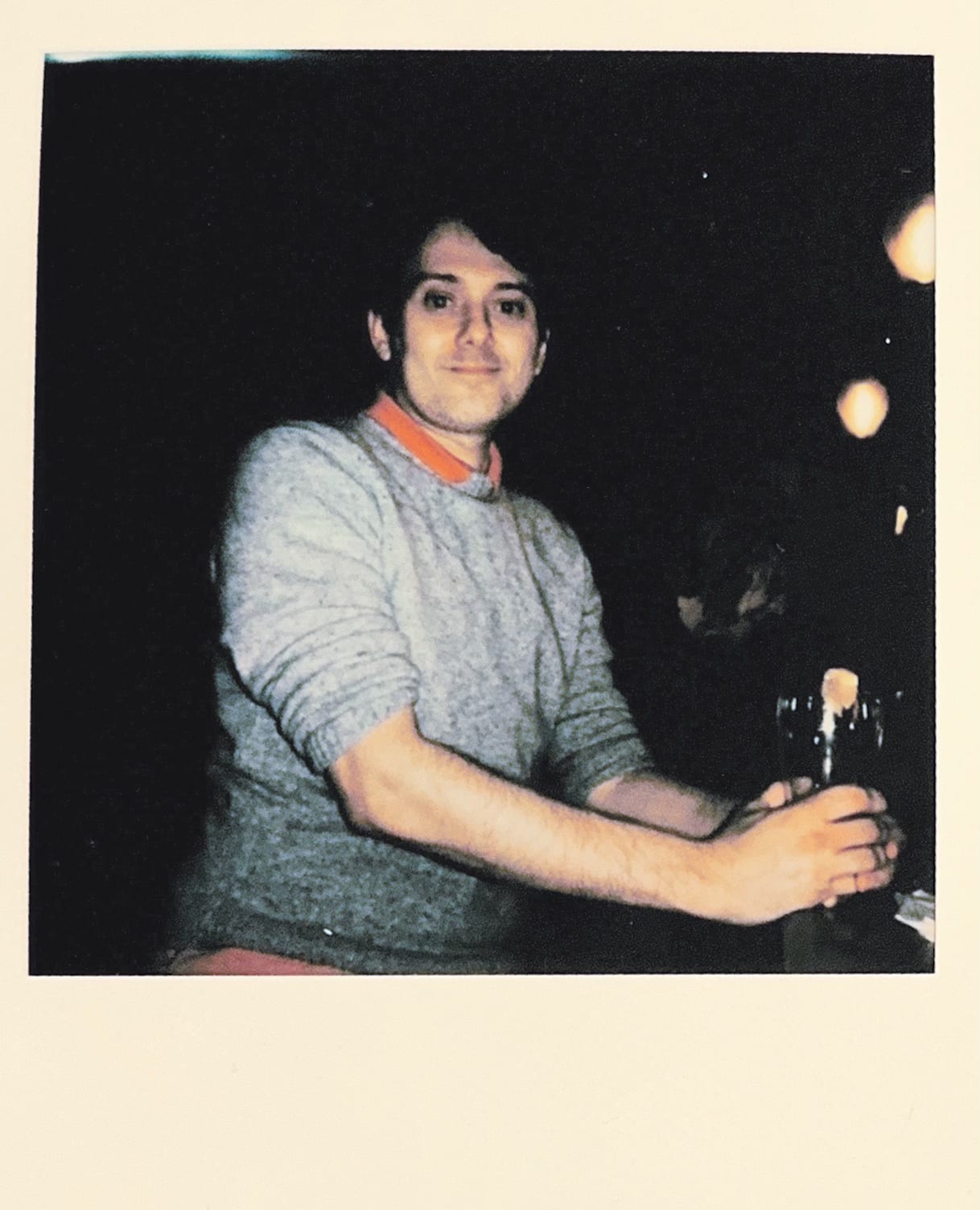Purdue Pharma guilty plea latest development in DOJ's effort to hold drugmakers accountable for opioid epidemic
Purdue Pharma, the maker of the highly addictive Oxycontin opioid drug, pleaded guilty to felony criminal charges today, settling with the U.S. government for more than $8.3 billion.
The settlement, which resolved criminal charges and civil liability, was hailed by prosecutors today as a "milestone in the [Justice] Department's efforts to hold accountable those who fueled the opioid crisis."
But last year Purdue filed for bankruptcy protection, and it is unknown whether the government will ever prosecute members of the Sackler family, some of whom are owners and executives of Purdue, or the company's executives. Members of the Sackler family, who have extracted billions from their privately held company over the years, agreed to personally pay $225 million as part of the civil settlement. Still, today's settlement does not foreclose future criminal charges against the family and Purdue's executives.
For the Justice Department, it's been a long struggle to hold opioid company executives accountable for the epidemic that has ravaged cities and towns across the United States.
Earlier this year, 60 Minutes chronicled efforts of investigators and prosecutors in the first criminal case to land opioid executives in prison. "The Opioid Playbook" traced opioid drug sales tactics over nearly two decades. It was part of a series examining who is to blame for the opioid epidemic. The series also reported on the Justice Department's largest case ever against a drug distributor, McKesson Corporation, a report titled, "Too Big To Prosecute." And in another report, "Inside the Epidemic", 60 Minutes interviewed a notorious oxycodone pill mill doctor from his Florida prison cell, a segment which revealed the tactics of some pharmaceutical industry enablers who had good reason to believe the drugs were being diverted to abusers. 60 Minutes also spoke to insiders from the U.S. Food and Drug Administration and Drug Enforcement Agency, who confessed that regulatory, law enforcement, and congressional failures opened the door for companies such as Purdue Pharma, to flood American communities with opioids -- stories we called "The Label" and "The Whistleblower".
Today's Purdue settlement marks the second time the company has pleaded guilty to criminal charges. In 2007, it was for misleading regulators, doctors and patients about the risk posed to patients by Oxycontin.
At a news conference, prosecutors outlined how this time, Purdue engaged in an illegal kickback scheme with the medical electronic record company Practice Fusion. In 2015, at the height of the epidemic, Purdue negotiated with Practice Fusion to create software alerts designed to influence doctors to prescribe Purdue's Oxycontin when it was not medically necessary or appropriate. In January of this year, Practice Fusion agreed to pay $145 million to resolve criminal and civil investigations.



